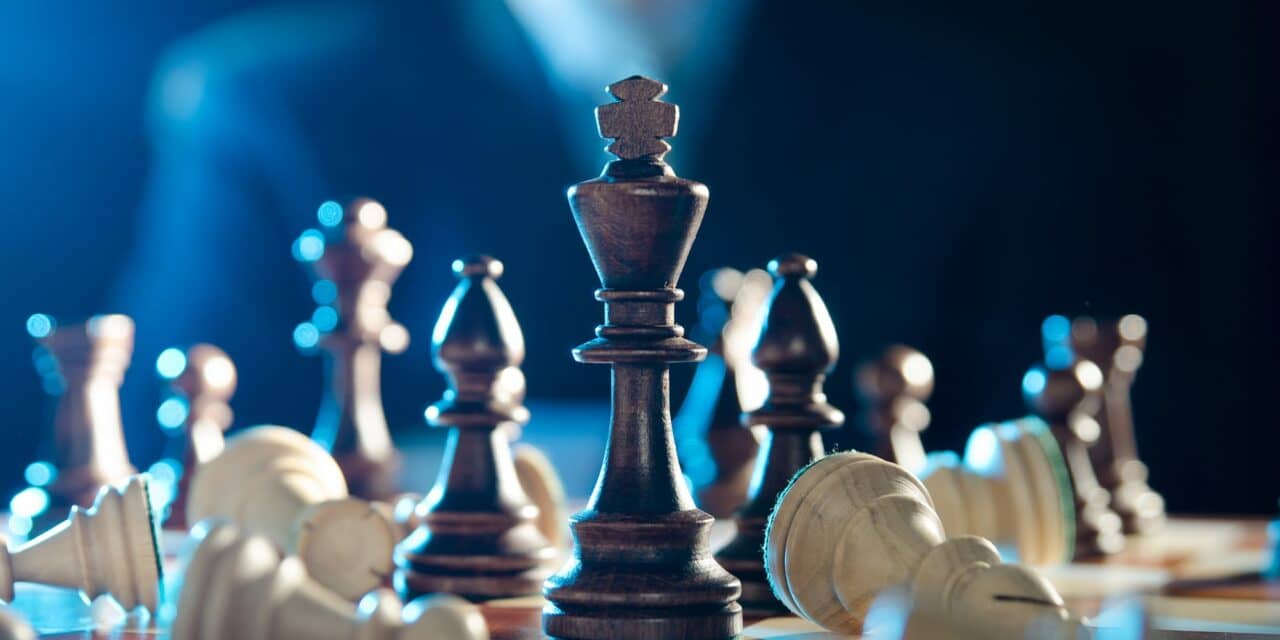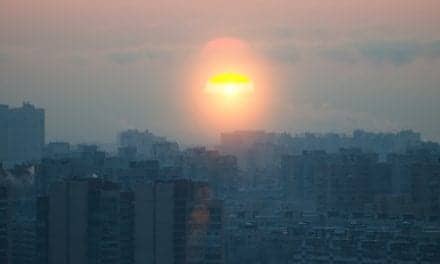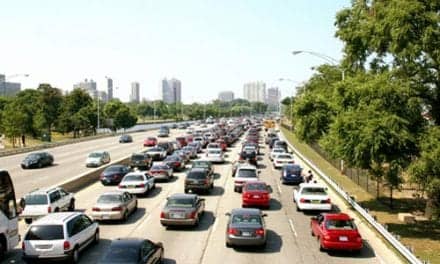Chess players “perform objectively worse and make more suboptimal moves” when air pollution levels are greater, according to a study from MIT researchers published in the journal Management Science.
Researchers studied the performance of 121 chess players in three multiple-round tournaments in Germany in 2017, 2018, and 2019, comprising more than 30,000 chess moves. They collected data inside the tournament venue on carbon dioxide, PM2.5 concentrations, and temperature over the course of each tournament’s eight weeks, examining how air-quality changes related to changes in player performance. To evaluate player performance, researchers used computer analysis to assess each move made in each chess match, identify optimal decisions, and flag significant errors.
According to their data, a modest increase in fine particulate matter (PM2.5) increased the probability that chess players would make an error by 2.1 percentage points, while the magnitude of those errors increased by 10.8%.
“We find that when individuals are exposed to higher levels of air pollution, they make more more mistakes, and they make larger mistakes,” co-author Juan Palacios, an economist in MIT’s Sustainable Urbanization Lab, said in a press release.
The researchers also found that when air pollution was worse, the chess players performed even more poorly when under time constraints. The tournament rules mandated that 40 moves had to be made within 110 minutes; for moves 31-40 in all the matches, an air pollution increase of 10 micrograms per cubic meter led to an increased probability of error of 3.2%, with the magnitude of those errors increasing by 17.3%.
The drops in player performance could not be explained by other factors, such as noise, temperature changes and carbon dioxide concentrations.
“It’s pure random exposure to air pollution that is driving these people’s performance,” said Palacios. “Against comparable opponents in the same tournament round, being exposed to different levels of air quality makes a difference for move quality and decision quality.”
Palacios added: “We find it interesting that those mistakes especially occur in the phase of the game where players are facing time pressure. When these players do not have the ability to compensate [for] lower cognitive performance with greater deliberation, [that] is where we are observing the largest impacts.”
Source: Massachusetts Institute of Technology










